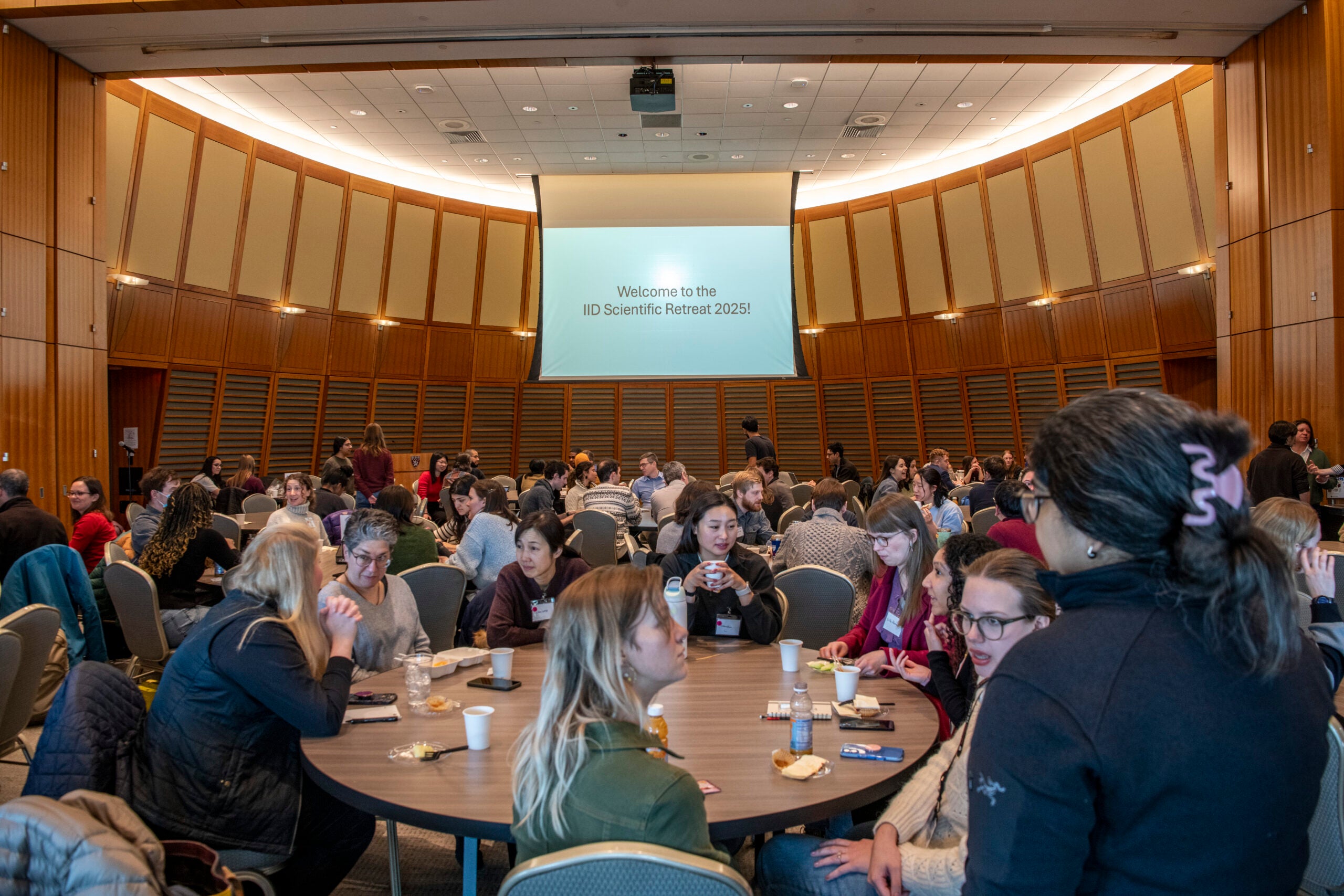Garrett Lab
Our laboratory’s interest is in mucosal immunology and the gut microbiota. We mechanistically interrogate the role of microbes and their metabolites in shaping susceptibility and resistance to diseases, including cancer, inflammatory bowel diseases, and kidney diseases.
Harvard T.H. Chan School of Public Health
665 Huntington Avenue, Building 1, 9th Floor
Boston, Massachusetts 02115
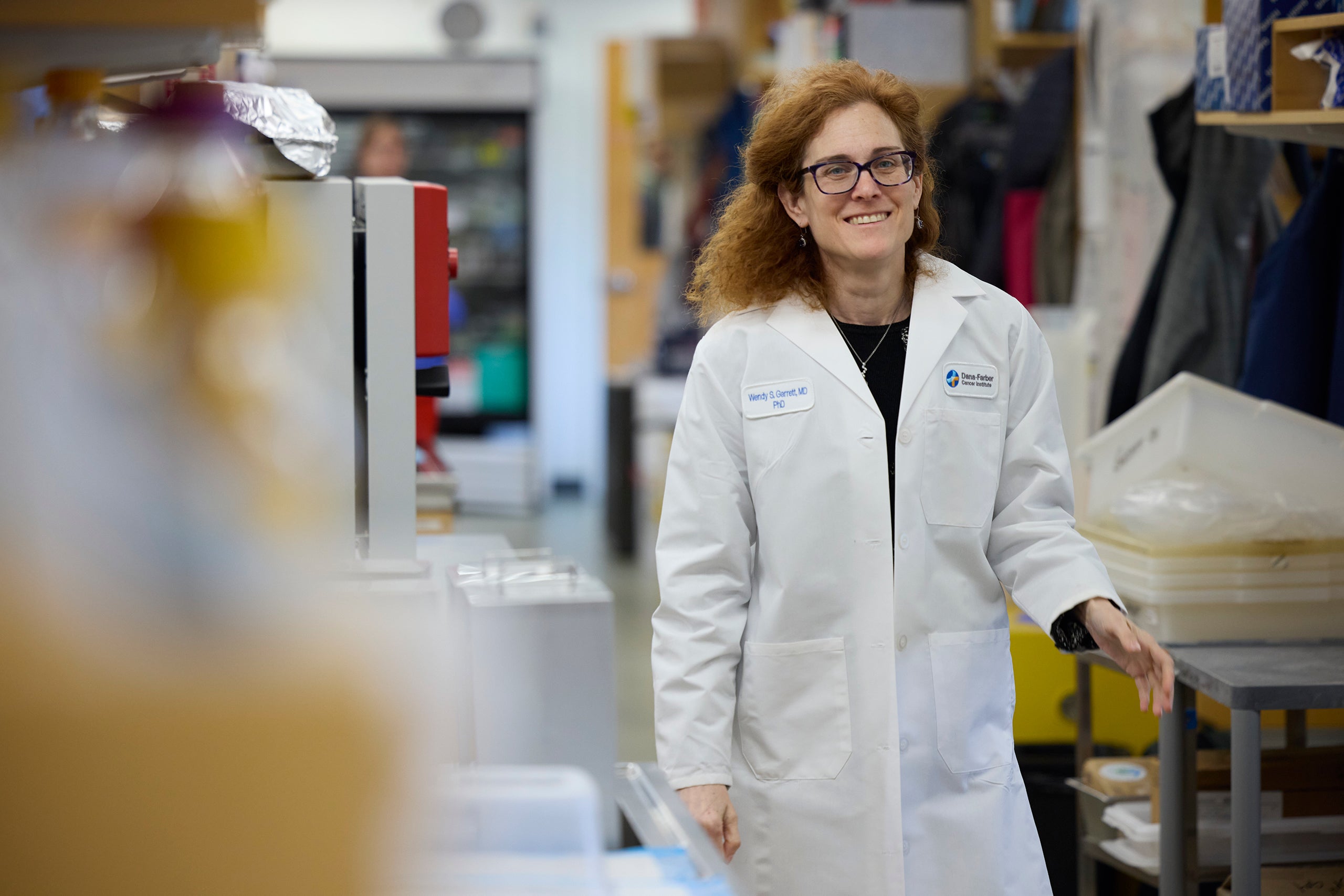
Host-microbiota interactions in health and disease
The Garrett lab research team studies the interplay between the gastrointestinal immune system and the gut microbiota in health, inflammatory bowel disease (IBD) and colorectal cancer (CRC). The Garrett lab focuses on how the gut microbiota influence both innate and adaptive populations and the contribution of these cells to immune homeostasis and disease.
Dr. Garrett’s team has identified specific species, pathways, and metabolites made by the microbiota that influence health and disease states. The lab also studies microbes and immune cells that are not only instrumental in potentiating carcinogenesis but are integral to intestinal homeostasis. The multi-faceted research approach includes meta’omics, microbiology, cellular immunology, biochemistry, cell biology, and cancer biology. The lab uses mouse models, human specimens, and primary and transformed mammalian cells and bacterial cells in their experiments to move facilely between large human data sets and in vivo and in vitro model systems with a core mission of determining basic biologic mechanism and applying the findings to precision medicine.
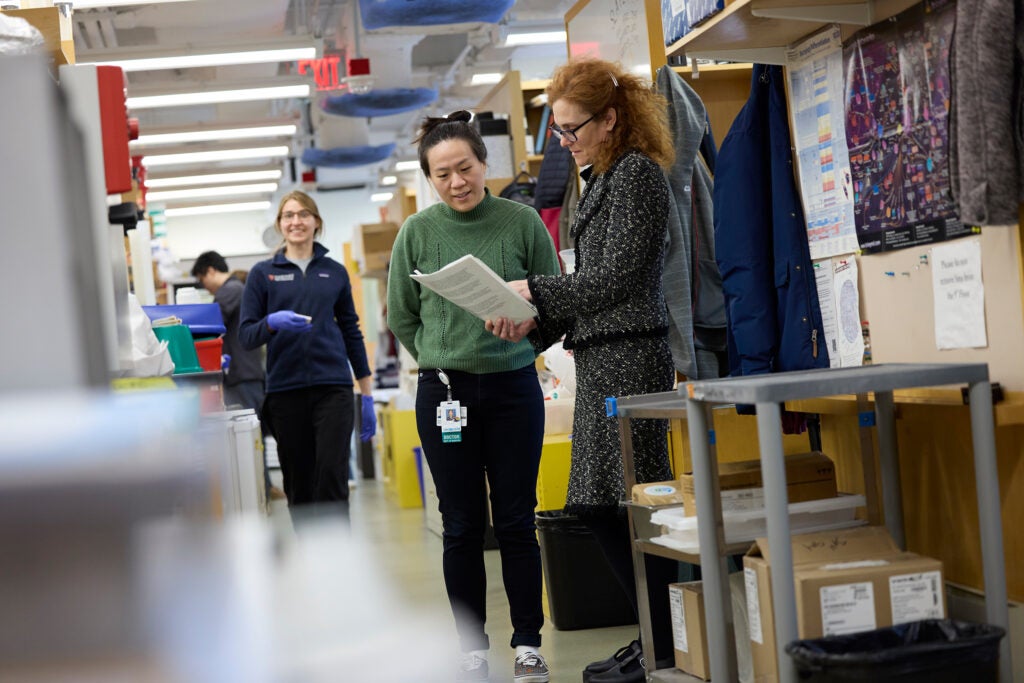
Support Harvard Chan School
Every gift contributes to our mission of building a world where everyone can thrive. To learn more about how you can support The Garrett Lab, please contact Carter Brown.
Our Research
Microbial Metabolites and Metabolism.
The gut microbiome synthesizes and biotransforms millions of small molecules that drive the microbiota’s ability to modulate the immune system and epithelial barrier function. Unfortunately, our understanding of microbially-derived bioactive small molecules is limited, as the majority are uncharacterized metabolic features. Our overarching goal is to unmask these metabolic features, reveal their bioactivities, and leverage this poorly characterized biosynthetic bounty into new therapies.
Microbial Metabolites and IBD.
There are an estimated 2.74 million people in the U.S. with inflammatory bowel diseases (IBD) which encompass Crohn’s diseases, ulcerative colitis and IBD unspecified. Although there are effective IBD therapies, many patients do not achieve durable remission, lose responsiveness to treatment, or suffer sequelae from their treatments; thus there remains critical unmet medical need for IBD. New perspectives and approaches are needed for IBD, especially ones focused on microbial metabolties. Investigating the bioactivities of microbial metabolites differentially abundant in IBD offers the opportunity to better understand: IBD pathophysiology, gut microbiota-host interactions, and therapeutics for IBD prevention, treating flares, and sustaining remissions
Microbial Metabolism and Chronic Kidney Diseases (CKD).
The kidney, in contrast with the gut, is not colonized with microbes but rather is subject to a vast amount of microbial metabolite exposures as the body’s filter. In both CKD and acute kidney injury (AKI), these microbial exposures increase and some of the injury observed in AKI and CKD is attributed to gut microbial metabolites. The gut via modulation of its barrier and its microbial metabolism could imbue the body with the capacity of nephrons, the kidney’s basic filtering unit, to significantly improve renal function. Yet the gut and its microbiota remain relatively understudied as renal therapeutics. We seek to fill that knowledge gap.
Microbial Metabolites, Anti-Tumor Immunity, and Colon Cancer.
The gut microbiota and the immune tone of the colon required to tolerate the colon’s dense microbial burden underlie the immunotherapy resistance and impaired tumor immunity of CRC. Thus, we assert that careful examination of microbiome-immune interactions in CRC using robust models informed by CRC genetics, microbiome science, and immunology holds the potential to transfigure CRC preventative and treatment strategies
Fusobacterium and Colon Cancer.
Fusobacterium nucleatum (Fn), a Gram-negative anaerobic bacterium, is a normal constituent of the human oral microbiome. My lab has been involved in studies detecting Fn in adenomas and CRC, correlating fusobacterial presence with various CRC risk factors, and determining how Fn may contribute to CRC using preclinical CRC models with a focus on its interactions with immune cells. However, much remains to be discovered about the mechanisms by which Fn contributes to CRC and are actively investigating how Fn reprograms the tumor microenvironment through its oncometabolites and virulence factors.
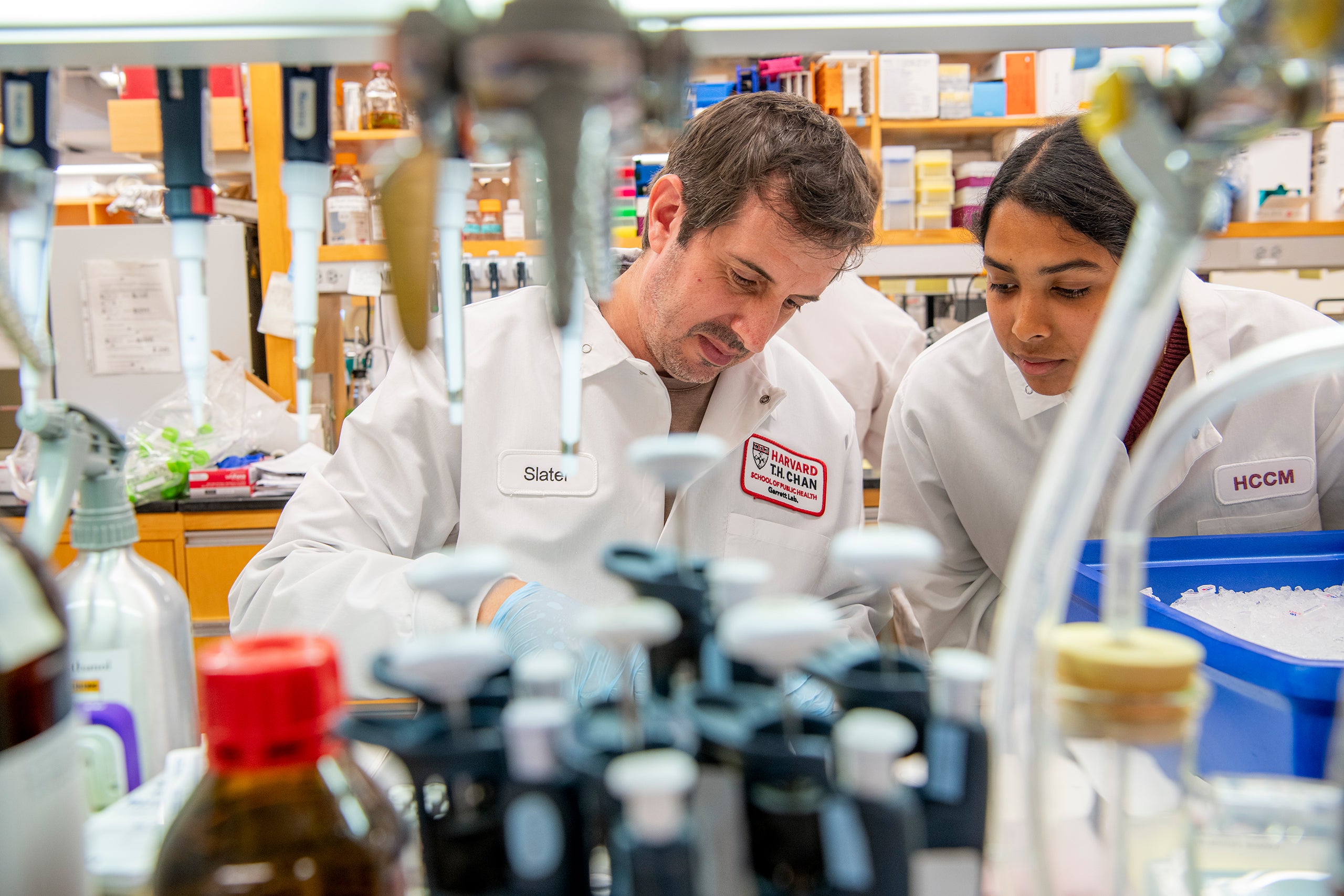
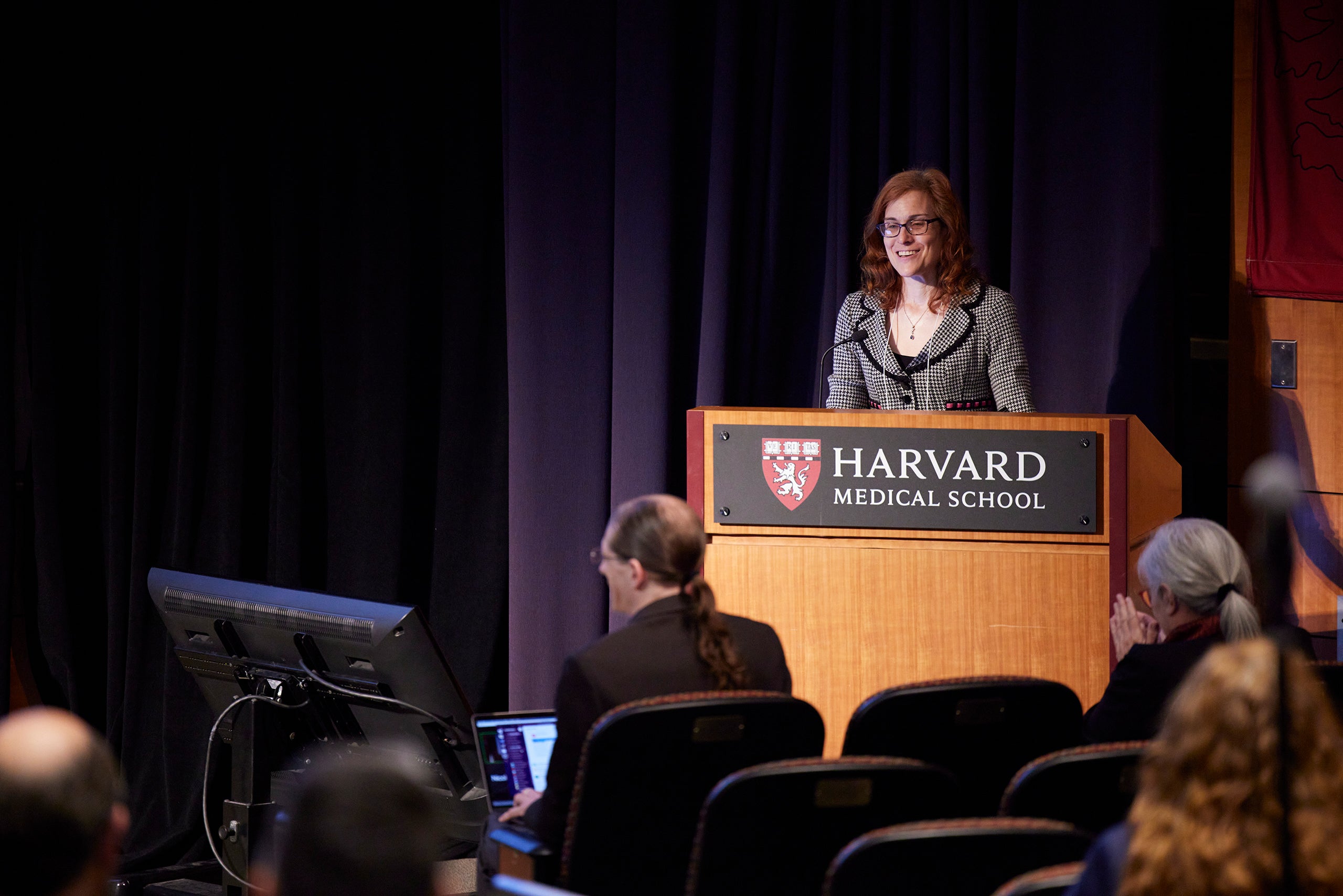
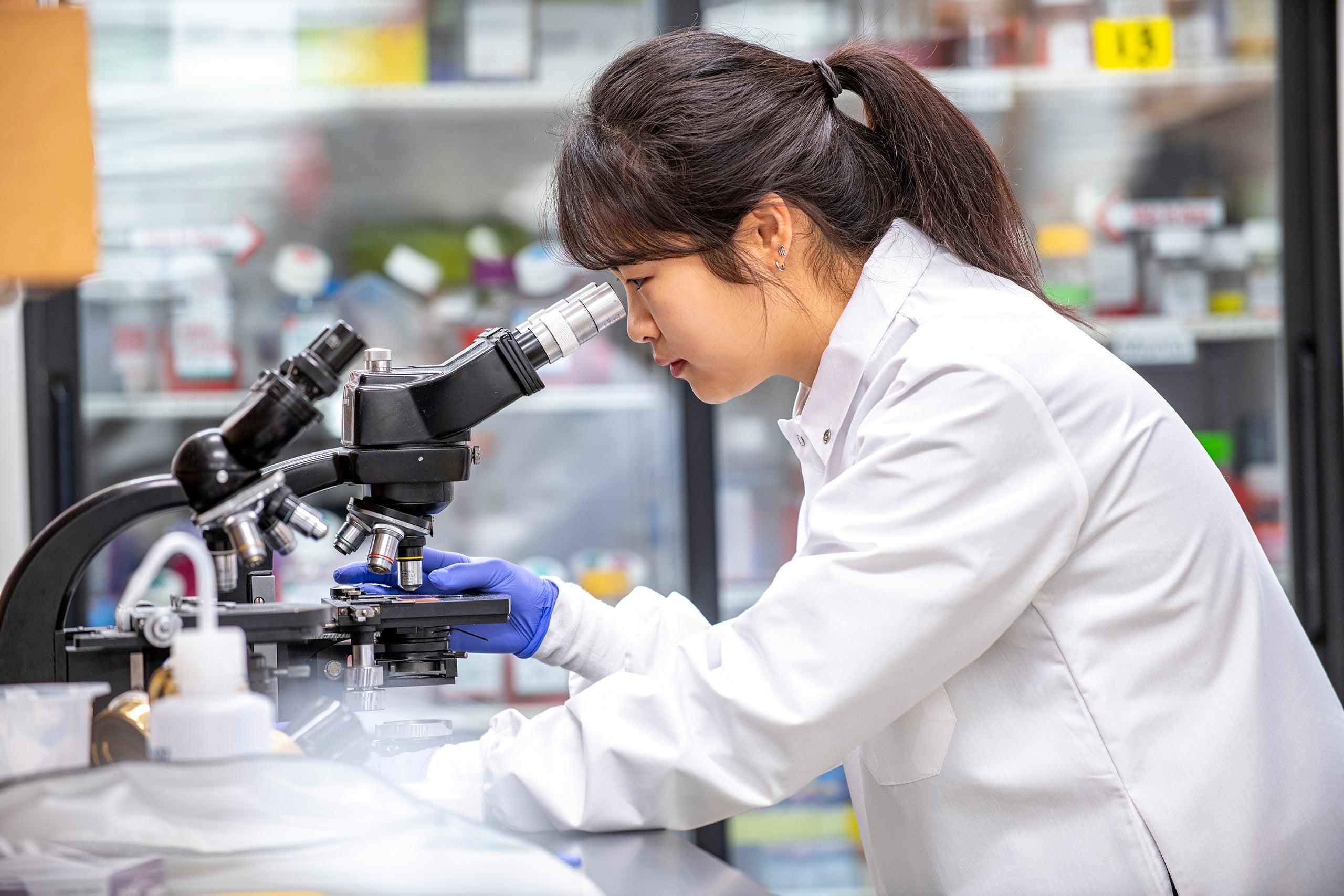
Collaborations
The Garrett lab is highly collaborative and works with many laboratories at institutions in the greater Boston area, in Harvard-affiliated hospitals and institutes, and at national and international research centers.
The Microbiome Analysis Core at the Harvard T.H. Chan School of Public Health (Microbiome Analysis Core) was established in response to the rapidly emerging field of microbiome research and its potential to affect studies across the biomedical sciences. The Core’s goal is to aid researchers with microbiome study design and interpretation, reducing the gap between primary data and translatable biology.
Latest News
Snapshots of the 2025 IID Retreat
